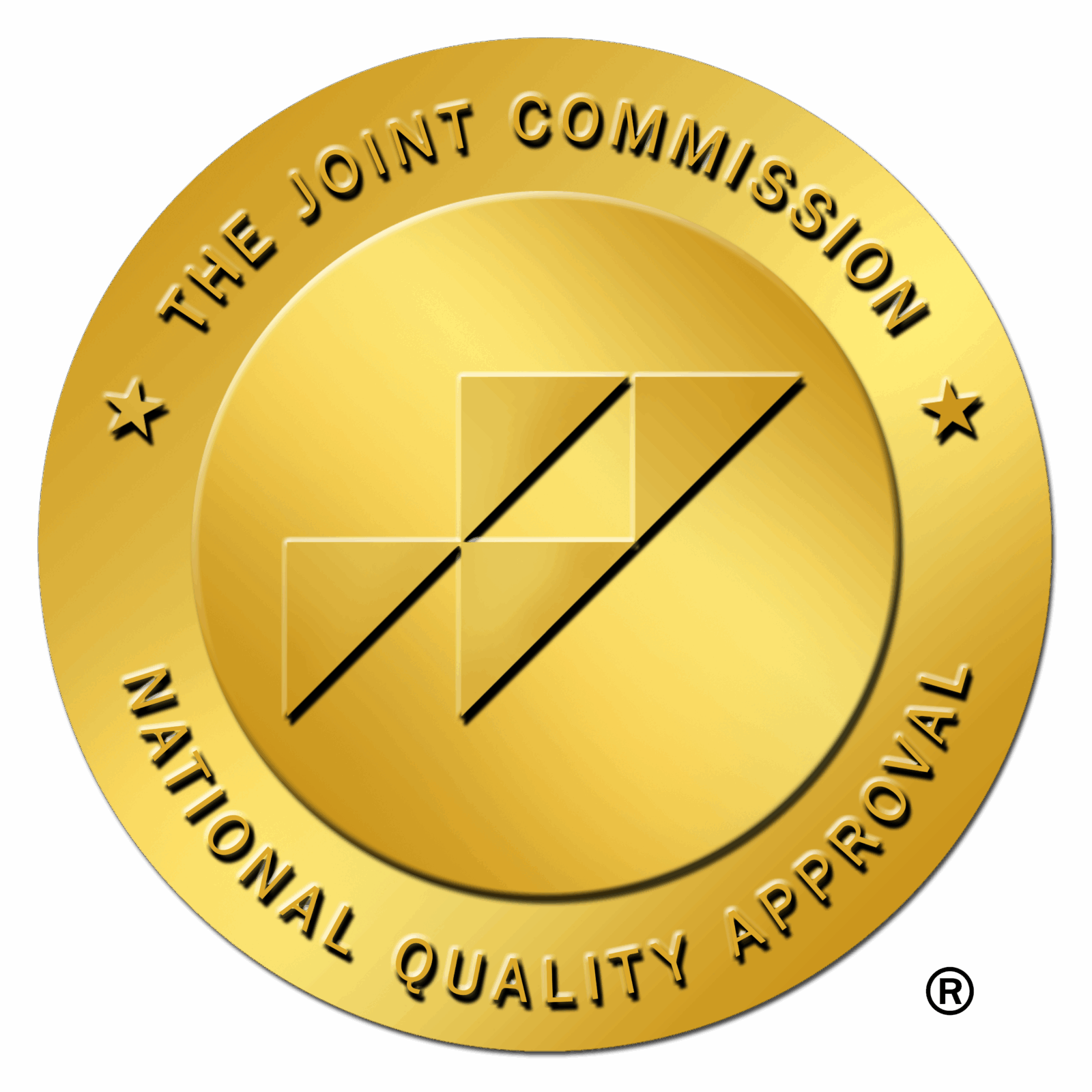By: LT Whitney Moseley, RN
National Immunization Month is in August. What better time to make sure that you and your family’s immunizations are up-to-date? Especially considering back-to-school and flu season are just around the corner.
Remember, by staying on schedule with your vaccines you’re protecting yourself, family, friends and the community against preventable diseases.
Vaccinating to protect your circle is the most important thing families can do. Staying on track with the recommended immunization schedule also allows for fewer shots, as combination vaccines can be used.
In order to prevent serious health consequences, anyone that encounters a crowded environment needs to be fully vaccinated to ensure full protection; this includes children, adolescents, or young adults in any school setting, as well as adults in the workplace or anywhere in the community. This also helps to best protect everyone within our circle who is not yet fully vaccinated, including babies, as well as people of all ages who have weakened immune systems due to certain medical conditions, and people who may not be able to receive certain vaccines.
Vaccines protect our babies against 14 serious childhood diseases by the age of two years old. Booster vaccines are then provided beginning at four years old. These protect against certain common debilitating diseases such as pertussis, also known as “whooping cough,” to other, now rare diseases, such as polio and diphtheria. With these vaccines, we can protect against certain diseases of the brain and liver, as well as the spread of many other diseases.
Due to vaccines, we can now prevent many diseases. Therefore, to ensure a healthy future for our youth, four vaccines are needed to protect against serious diseases. This includes the pivotal vaccine that now prevents certain common cancers amongst boys, girls, men and women with the human papillomavirus (HPV vaccine), meningococcal which protects against certain brain and blood infections, and Tdap to protect against tetanus, diphtheria and pertussis.
While it’s important for women to make sure that they are up to date before pregnancy, it’s also important for pregnant women to receive the pertussis and flu vaccine in order to protect themselves, and to pass protection on to the baby. It’s ideal for all women of childbearing age to be vaccinated against measles, mumps, and rubella (MMR) to aid in preventing serious birth defects and pregnancy complications.
Vaccines are not just for kids, even if you’re healthy. There are specific recommended vaccines based on age, occupation or health conditions; including, asthma, heart disease and diabetes. One dose of Tdap followed by a Td (tetanus and diphtheria) booster every 10 years is recommended for all adults. For those over 50 years old, the shingles vaccine is recommended, along with adults over age 65 needing both pneumococcal vaccines. Some adults younger than 65, with certain conditions, are also recommended to receive one or more pneumococcal vaccinations.
There are two types of pneumonia shots offered: PCV13 (pneumococcal conjugate vaccine) and PPSV23 (pneumococcal polysaccharide vaccine). PCV13 protects againsts the 13 most severe types of bacteria that causes pneumonia and PPSV23 protects against the 23 additional bacteria that can be found in pneumonia. Both vaccines protects against meningitis and bacteremia, but also pneumonia.
The annual flu vaccine becomes available every fall and is recommended for everyone ages six months and older in order to remain as protected as possible throughout the flu season, this includes adults of all ages as well.
It’s important that we continue to vaccinate against these diseases because they are an airplane ride away and could easily erupt again.

